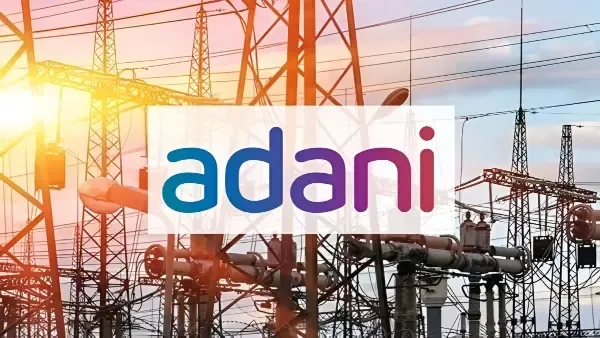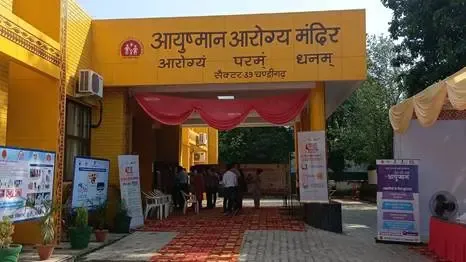Crisil Revises Adani Power's Long-Term Bank Facilities to AA/Stable

Synopsis
Key Takeaways
- Crisil upgraded Adani Power's rating to Crisil AA/Stable.
- New long-term agreements secured 87% of total capacity.
- Improved liquidity and reduced debt levels.
- Net profit grew by 7.4% in Q3 FY25.
- Future Ebitda expected around Rs 20,000 crore.
New Delhi, Feb 7 (NationPress) Crisil Ratings has elevated its assessment of the long-term bank facilities for Adani Power Ltd (APL) to 'Crisil AA/Stable' from 'Crisil AA-/Positive'.
The international credit rating agency has also granted a 'Crisil AA/Stable' rating to the proposed Rs 11,000 crore non-convertible debentures (NCDs) of Adani Power.
This rating upgrade signifies Crisil Ratings' anticipation of an enhancement in APL’s overall credit risk profile, bolstered by significant improvements in business metrics due to an increase in the proportion of secured capacities and fuel linkages.
Such advancements are expected to enhance revenue and cash flow predictability in the long run.
Moreover, the complete recovery of outstanding regulatory dues, coupled with solid liquidity and a stable receivables position, has led to improved credit metrics and a stronger financial risk profile. This has resulted in a Debt-Service Coverage Ratio (DSCR) exceeding 2x and a net debt to Ebitda ratio of less than 2.5 times in the current fiscal year, according to the global financial services institution.
For Q3 FY25, Adani Power reported a 7.4 percent increase in net profit, reaching Rs 2,940 crore compared to Rs 2,738 crore in the same quarter of the previous fiscal year (FY24).
The Crisil Ratings report also indicates that Adani Power has entered into new long-term and medium-term power purchase agreements (PPAs) totaling 1,600 MW with two counterparties over the last year, resulting in 87 percent of its total 17.55 GW capacity being secured, up from 80 percent previously.
Additionally, 60 percent of its total fuel needs (including 91 percent of domestic coal) is now supported by fuel supply agreements (FSAs), compared to 50 percent (84 percent) a year ago, thereby increasing revenue and profitability certainty.
Consequently, APL’s consolidated recurring operating Ebitda is projected to be around Rs 20,000 crore annually in the near to medium term.
The company has generated Rs 2,400 crore in income over the first nine months of FY25, with a significant portion already received, resulting in a comfortable receivables position of approximately 87 days as of December 2024, compared to 85 days as of March 2024 and 111 days as of March 2023.
With ongoing construction projects, APL aims to further expand its operations and enhance its market presence. Its power plants are situated in diverse locations and terrains across India, from near-pitheads to coastal regions.
“APL possesses extensive expertise in various power plant technologies, ranging from subcritical/supercritical to ultra-supercritical technologies. Of its operational assets, 40 percent utilize imported coal,” the report stated.
The reduction in external debt during fiscal 2024 was attributed to partial prepayments and scheduled repayments through operational cash flow, including proceeds from previous regulatory dues. The net external debt to operating Ebitda ratio improved to 1.4 times as of March 2024 (down from approximately 3.3 times in March 2023) and is expected to maintain similar levels in the near to medium future.
Additionally, APL has FSAs covering about 60 percent of its coal-based thermal power generation capacity (with 91 percent for domestic coal capacity). Crisil Ratings anticipates continued materialization under these FSAs, leading to a lower dependence on alternative coal sources, as mentioned in the report.










